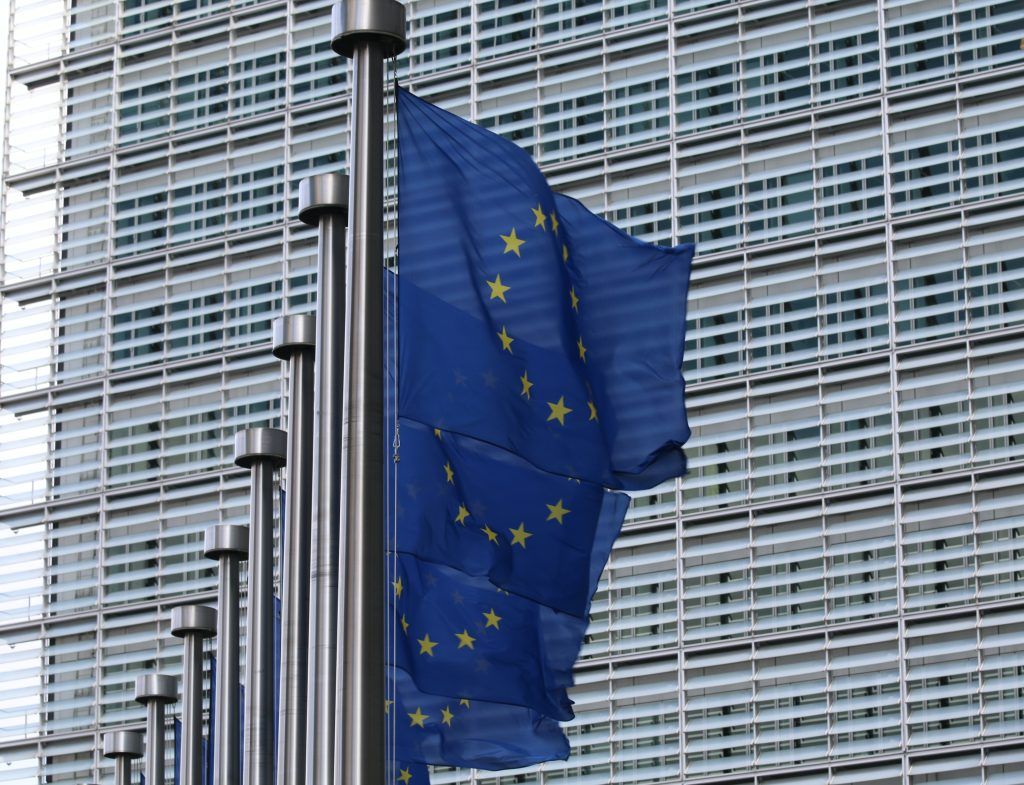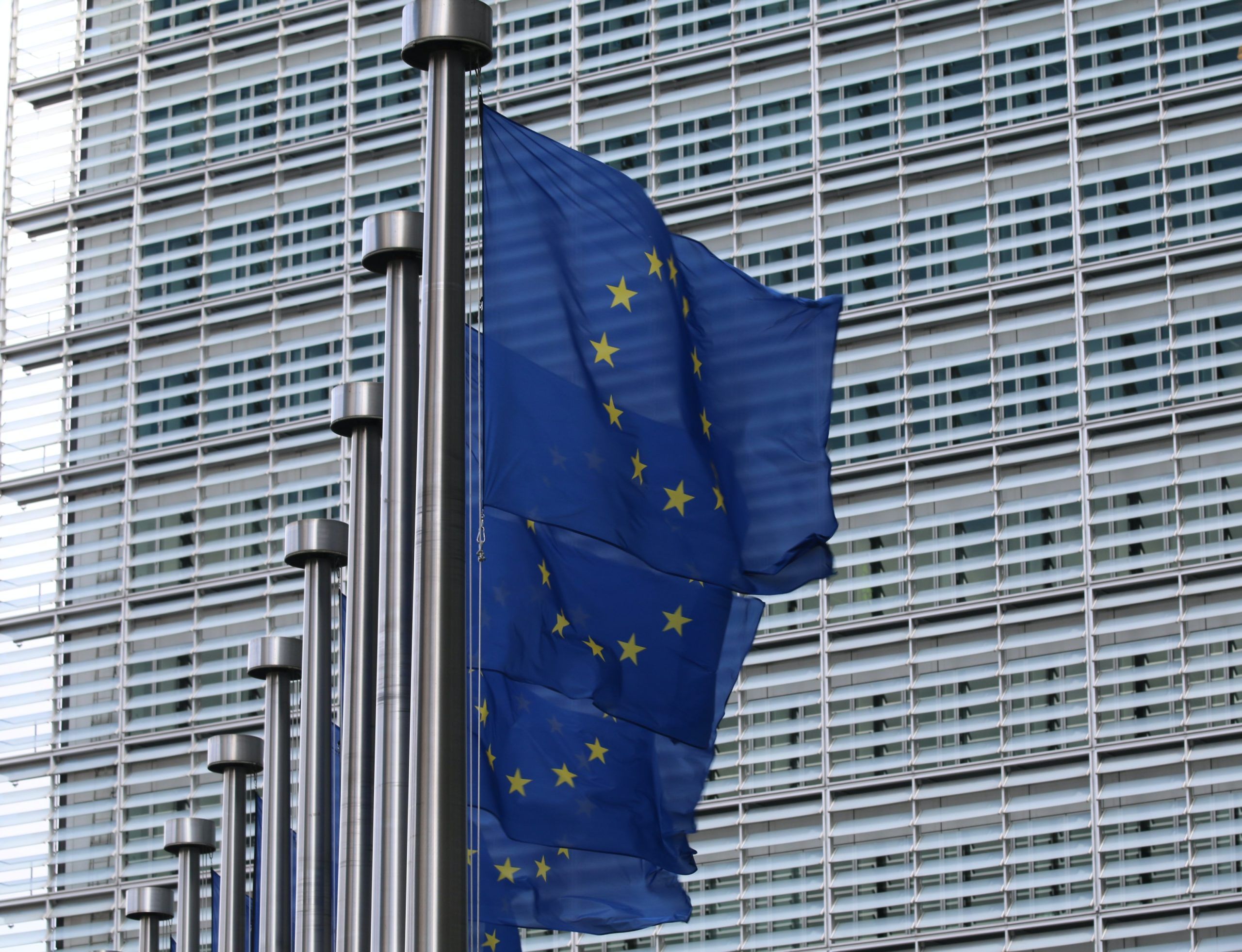The latest Standard Eurobarometer survey conducted in June 2023 and published yesterday shows that EU citizens continue to back overwhelmingly the energy transition and to expect massive investment in renewables.
They continue to widely approve measures taken by the EU to support Ukraine and the Ukrainian people. They also support stronger EU defence cooperation and increased defence spending.
While inflation remains a major concern, perceptions of the economic situation and economic expectations are improving. A majority of Europeans believe that NextGenerationEU, the EU’s €800 billion recovery plan, can be effective to respond to the current economic challenges. Support for the euro stays high.
Wide support for the energy transition
More than eight in ten EU citizens think that the EU should invest massively in renewable energies, such as wind and solar power (85%) and that increasing energy efficiency of buildings, transport, and goods will make us less dependent on energy producers outside the EU (82%). In addition, 80% believe that EU Member States should jointly buy energy from other countries to get a better price.
Furthermore, 81% of respondents agree that reducing imports of oil and gas and investing in renewable energy is important for our overall security and 82% say that the EU should reduce its dependency on Russian sources of energy as soon as possible.
Strong backing for the EU’s response to Russia’s invasion of Ukraine
Approval for actions taken in response to Russia’s invasion of Ukraine remains very high.
88% of EU citizens are in favour of providing humanitarian support to the people affected by the war and 86% are in favour of welcoming into the EU people fleeing the war. 75% approve of financial support to Ukraine and 72% back economic sanctions on Russian government, companies and individuals.
In addition, 66% agree with banning state-owned media, such as Sputnik and Russia Today, from broadcasting in the EU and 64% support financing the purchase and supply of military equipment to Ukraine. 64% also agree with the EU granting candidate status as a potential member of the EU to Ukraine.
All in all, 56% of respondents are satisfied with the EU’s response to the Russian invasion of Ukraine and 54% are satisfied with the response by their national government.

According to the latest Eurobarometer, Europeans appreciate that the EU provides expertise and assistance to the Member States |
In favour of a stronger European defence
In this context, 77% of Europeans are in favour of a common defence and security policy. 80% think that cooperation in defence matters at EU level should be increased, 77% believe that Member States’ purchase of military equipment should be better coordinated, 69% would like the EU to reinforce its capacity to produce military equipment and 66% say that more money should be spent on defence in the EU.
A stronger Europe in the World
77% agree that the EU should build partnerships with countries outside the EU to invest in sustainable infrastructure and connect people and countries around the world. In addition, 69% believe that the EU has sufficient power and tools to defend the economic interests of Europe in the global economy.
Levels of trust in the EU have considerably risen in most candidate countries since winter 2022-2023. The highest level of trust is observed in Albania (77%, +6), followed by Bosnia and Herzegovina (57%, +7), Montenegro (54%, +7), North Macedonia (48%, +1), Moldova (44%, +2), Türkiye (41%, +12) and Serbia (32%, +2).
An improved economic environment
Economic perceptions have significantly improved. 45% of respondents now think that the situation of the European economy is good (+5 pp since January-February), slightly outweighing the number thinking it is bad (44%, -7 pp). 40% describe the economic situation in their own country as good (+5 pp) and 58% as bad (-8 pp).
55% of Europeans think that the EU recovery plan worth €800 billion, NextGenerationEU, can be an effective measure to respond to the current economic challenges.
In the euro area, support for the single currency remains very high (78% vs. 17%), while it is slightly lower for the EU as a whole (71% vs. 23%).
Inflation still a major concern, but less than at the beginning of the year
27% of Europeans think that ‘rising prices/inflation/cost of living‘ is one of the two most important issues facing the EU at the moment (-5 pp since January-February). The international situation comes second at 25% (-3 pp), closely followed by immigration (24%, +7 pp) and the ‘environment and climate change‘ (22%, +2 pp). Energy supply (16%, -10 pp) has seen a sharp decrease, dropping from the third position to the sixth.
When asked about the two most important issues facing their country, 45% identified ‘rising prices/inflation/cost of living‘ (-8 pp), largely before the economic situation (18%, +1 pp), the ‘environment and climate change’ (16%, +2 pp), immigration (14%, +5 pp) and health (14%, no change). Concerns for energy supply have sharply decreased (12%, -7 pp), falling from the second to the fifth position.
The general perception of the EU remains stable
Most general indicators remain stable. Notably, 47% of the EU population tend to trust the EU while 32% tend to trust national governments. 45% tend not to trust the EU.
45% of EU citizens have a positive image of the EU, 18% a negative image and 37% a neutral image. In all Member States, positive perceptions outweigh negative ones.
63% of EU respondents say that they are optimistic about the future of the EU and 34% say that they are pessimistic.
More information: European Commission







Leave a Reply